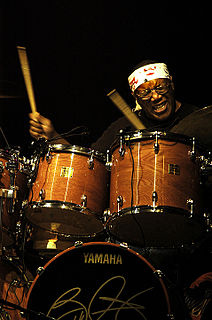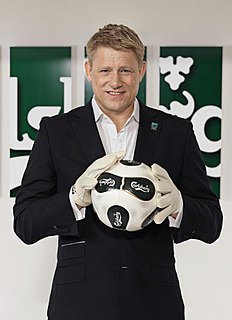A Quote by Stephen Covey
The proactive approach to a mistake is to acknowledge it instantly, correct and learn from it.
Related Quotes
Our approach to existential risks cannot be one of trial-and-error. There is no opportunity to learn from errors. The reactive approach - see what happens, limit damages, and learn from experience - is unworkable. Rather, we must take a proactive approach. This requires foresight to anticipate new types of threats and a willingness to take decisive preventive action and to bear the costs (moral and economic) of such actions.
It is not a mistake to commit a mistake, for no one commits a mistake knowing it to be one. But it is a mistake not to correct the mistake after knowing it to be one. If you are afraid of committing a mistake, you are afraid of doing anything at all. You will correct your mistakes whenever you find them.
It is urgent to shift from a traditional, authoritative, rote educational approach to a project-based and experiential approach. Specific hard skills are fundamental, but is even more important that students 'learn how to learn' and focus on crucial soft skills such as flexibility and the ability to adapt to change.


































